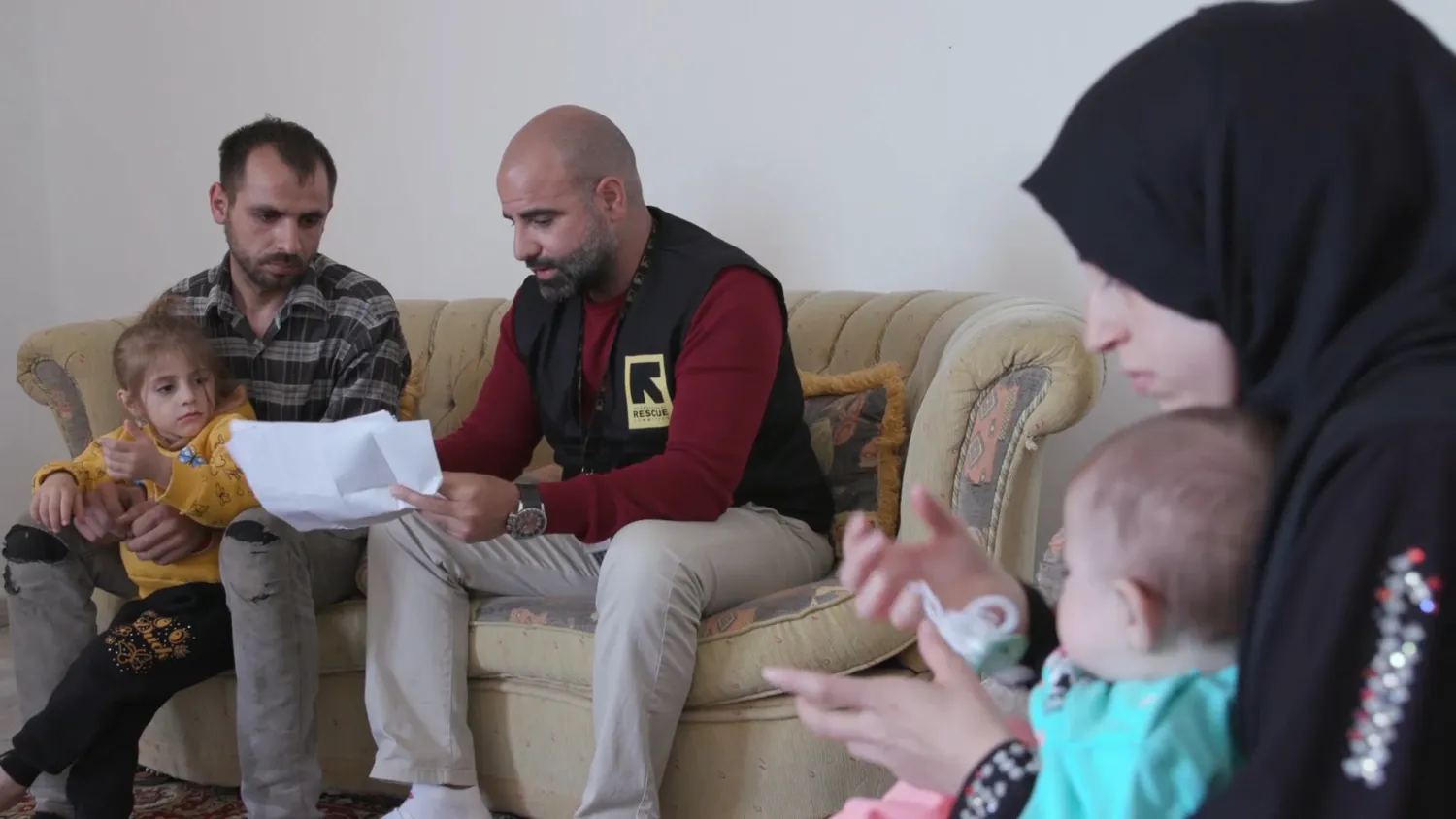The latest United Nations High Commissioner for Refugees (UNHCR) reports reveal that 188,000 Syrian children were born in Lebanon between 2011 and 2019 as the country hosts 926,717 registered refugees as of July 31, 2019.
UNHCR spokesperson, Lisa Abu Khaled told Asharq Al-Awsat that the first analysis conducted this year shows the registration of around 30 percent of Syrian newborns in Lebanon on the records of foreigners, an important 10 percent increase compared to last year due to the government’s new policy to facilitate the registration of newborns from Syrian parents.
In Lebanon, a newborn child must be registered within one year of birth. Failure to meet the deadline means a costly and complex court process, something many impoverished refugee families are unable to take on.
However, the Lebanese government lately issued a decision to facilitate the procedures for registering a Syrian refugee newborn by exempting them to present a residence permit and by increasing the personal status departments across the country.
Abu Khaled said, “Helping Syrian refugees receive their formal documents is one of the main priorities given by the Lebanese government and UNHCR.”
Last month, Foreign Minister Gebran Bassil presented new controversial numbers related to the registered Syrian newborns in Lebanon.
He said there are 184,000 registered Syrian newborns at the Interior Ministry while the United Nations agencies registered only 77,000 until 2015, the date it stopped counting, which means there are 107,000 unregistered Syrian refugees.
Dr. Nasser Yassin, Director of Research at the Issam Fares Institute for Public Policy and International Affairs, and professor of policy and planning at the faculty of Health Sciences (American University of Beirut), told Asharq Al-Awsat that the disparities in the number of Syrian newborns in Lebanon is mainly due to a political abuse in pursuit of populist slogans and a demographic panic among Christians.
He said that Syrian newborns were not higher than the Lebanese newborns.
“Thirty percent of them are registered at the personal status departments while the other 70 percent are documented with a birth certificate and a proof of residence from mayors,” he said.
Yassin said Foreign Minister Gebran Bassil is mainly responsible for the registration mess.
He said that since the start of the refugees’ crisis, Bassil considered that registering Syrian newborns in Lebanon would hold the government responsible for their presence in the country.
Later, Lebanese officials realized that based on international laws, not registering those refugees would force the government to later naturalize them.









